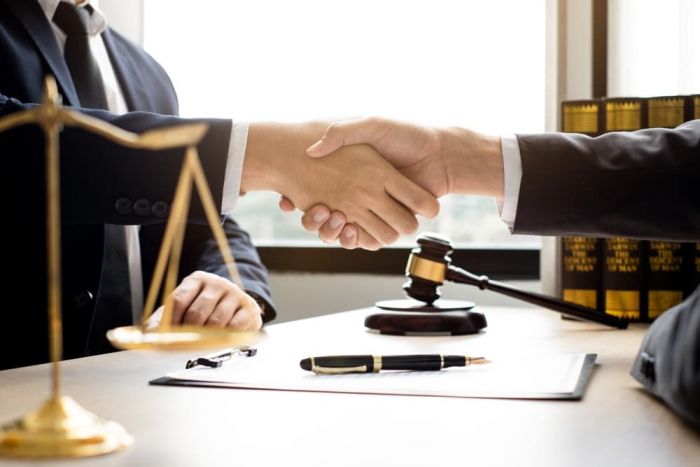About 1.22 million violent crimes and 6.41 million property crimes were reported to the FBI in the US in 2023. Criminal charges can easily overwhelm a person, especially if they have no prior experience dealing with criminal charges.
An experienced criminal defense attorney can provide competent legal representation, whether you're charged with a minor or major crime.
Criminal attorney Lawrence J. Zimmerman asserts that a skilled criminal attorney can significantly influence the verdict of a case.
This article outlines the key factors in choosing an attorney who will represent your case.
Understanding the Role of a Criminal Attorney

You need a criminal attorney to understand the complications associated with criminal cases.
After reviewing the case, an attorney will gather evidence and build a strong defense based on the established facts and the evidence collected. A criminal defense attorney knows how to negotiate plea bargains or present your defenses to a judge.
Your lawyer will explain your rights and prepare you for hearings or trials.
The Initial Consultation: What to Prepare
Here are the things you should bring and do during initial consultation with your attorney
- Gather police reports, court e-files, and past communications.
- Ask questions about anticipated case issues.
- Present the case timeline.
- Pictures, witness information, and other resources will help your cause.
Assessing Experience and Specialization
Before hiring a lawyer, research his or her experience and specialties.
A criminal defense attorney’s track record indicates how well he or she handles a case.
Gauge the lawyer's knowledge of local laws and court procedures. Familiarity with state regulations can affect your case. Ask about their success rates and how they plan to handle your case.
Legal Fees and Payment Options
Knowing the payment methods and fee structure with regards to hiring a lawyer is important. Legal fees are usually flat or hourly and must be stated upfront.
Flat rates provide predictable case costs and make budgeting easier, whereas hourly rates vary depending on the case details.
Find out if their fees cover court fees, expert witness fees, and future investigation costs. Some lawyers treat these payments as separate expenses. Many lawyers offer payment plans or accept credit cards to lessen their client’s financial strain.
Being transparent with your finances may allow some attorneys to negotiate fees for you.
Navigating the Courtroom Process
Your lawyer will explain and inform you about motions, plea negotiations, evidence hearings, and other pre-trial proceedings.
The attorneys may choose the jury, give the opening statement, and question eyewitnesses during your trial. As your defense attorney, he will cross-examine witnesses and argue with the prosecution to protect your rights and interests.
Work closely with your lawyer and be honest with him or her throughout the process. Establishing a positive lawyer-client relationship will significantly increase the chances of your case’s success.
Post Comment
Be the first to post comment!
Related Articles




